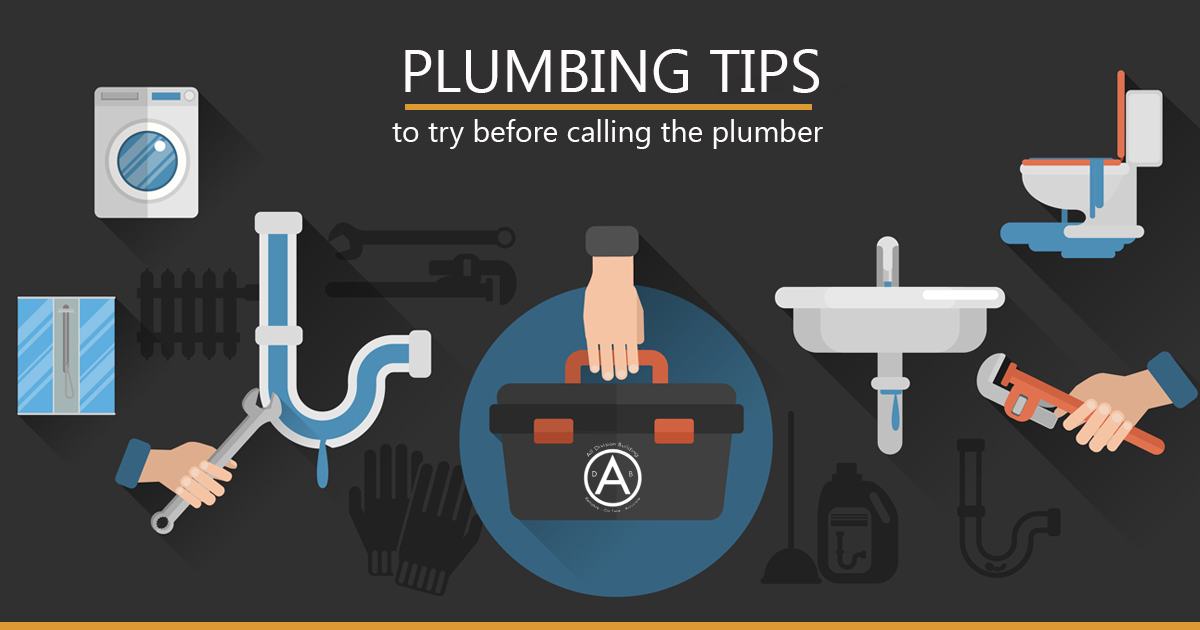Plumbing is any intricate system which carries liquids for various purposes to a series of destinations. Plumbing employs pipelines, water valves, plumbing fixtures, and many other apparatuses for carrying liquids. These systems are usually set up in such a way that the liquid is carried from the pipes to the desired destination by the user, while stopping at several intermediate stations. The final destination is known as the drain. Various types of plumbing can be used to carry liquid through various lengths of pipes.
In the United States, plumbing is generally classified into three main groups: domestic plumbing, public utilities, and private household plumbing. Domestic plumbing refers to the installation and maintenance of such household plumbing systems like the water supply, lavatory and bathroom plumbing, washing machine pipes, and the like. Public plumbing involves the installation and maintenance of water pipes for communal waste water and/or urban water supply.
Residential plumbing systems, on the other hand, involves a residential home plumbing system. Most houses have their own plumbing system. This is where the main pipes for potable water fixture come in contact with human wastes. Professional plumbers are needed for such installations. But most houses do not need them.
The basic plumbing tips to follow for maintaining a domestic water supply system include checking for leaks and broken pipes, ensuring proper drainage, checking for sewer backups, checking for water temperature, checking the condition of the water tank, ensuring pressure, and many more. For a well-maintained rural or city water supply system, many experts suggest the use of a float switch, which enables the homeowner to manually control the flow of the water. A homeowner may also consider buying an automatic irrigation timer that regulates the amount of water used for landscaping, watering the lawn, or other similar activities. Some of these timers come with built-in water filter systems that eliminate the need for manual maintenance.
Aside from these basic plumbing tips, the plumbing industry also offers advanced solutions to a variety of problems regarding water sources around the globe. There are various innovations being made by the plumbing industry in order to meet the increasing needs of the world population. From time to time, there are new construction projects in various countries such as the United States that focus on creating efficient water sources for households and businesses.
While it is true that plumbing pipes are essential, it is equally true that the modern lifestyle brings its share of disadvantages. To ensure an environmentally friendly lifestyle in the 21st century, it is important to choose materials that are non-abrasive and do not create negative environmental impacts. For this purpose, the plumbing industry has been developing non-toxic materials that can be used for plumbing pipes. These materials are becoming more popular, especially because they do not harm the ecosystem in any way.

